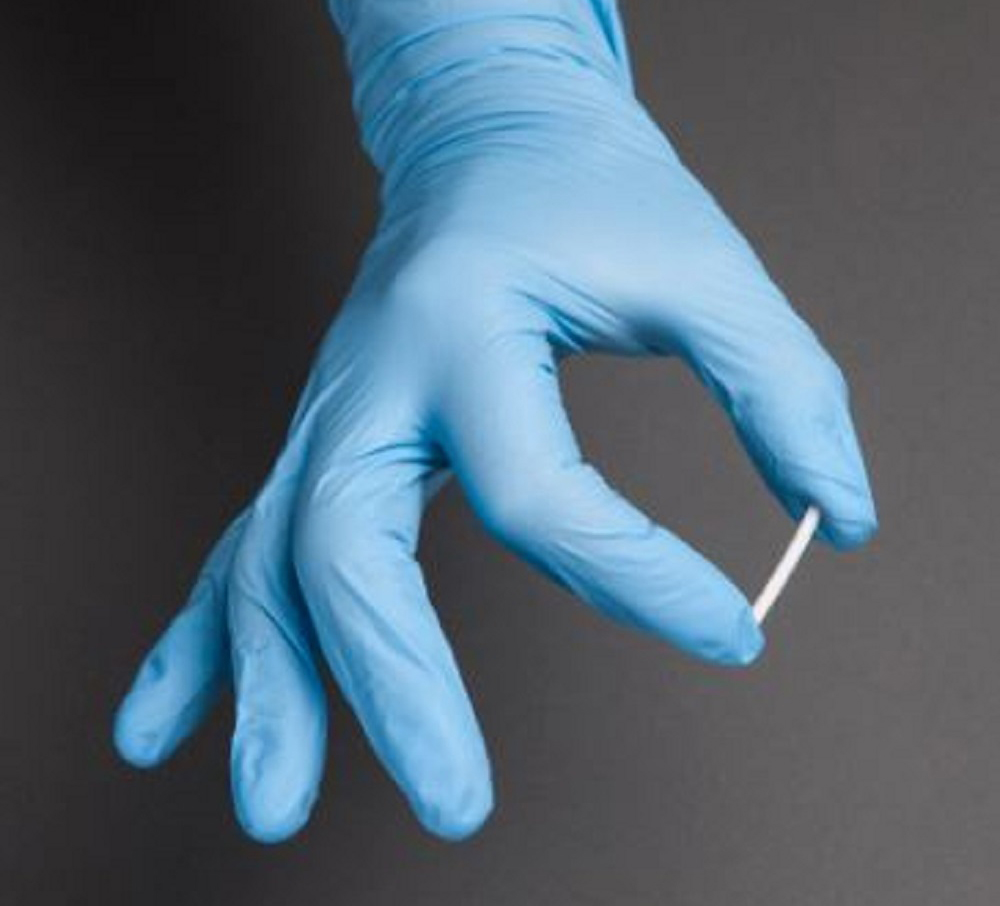FDA Approves First Implantable Treatment for Opioid Dependence

Probuphine photo courtesy of Braeburn Pharmaceuticals
A new FDA-approved device is adding another weapon to the arsenal of those fighting opioid abuse.
The device, called Probuphine, is the first continuous, implantable treatment for opioid dependence. It works similarly to a nicotine patch: Once surgically implanted in the upper arm, it delivers a constant dose of the anti-opioid dependence drug buprenorphine for six months, lessening cravings and withdrawal symptoms.
Buprenorphine is already widely used to treat opioid dependence, but only as a pill or a film that dissolves under the tongue. While those methods are effective, they also require patients to decide to and remember to complete their treatment each day. Probuphine—which will reportedly cost less than $6,000 per six-month implant—would make treatment adherence easy and automatic.
While that convenience could be, literally, a lifesaver for some patients, clinical trials showed that the implant works no better than traditional buprenorphine treatments. Sixty-three percent of Probuphine patients showed no evidence of opioid use over the six-month trial period, compared to 64 percent of patients using under-the-tongue buprenorphine films.
The FDA also notes that Probuphine is intended for stable patients already on the road to recovery, and recommends that it be used in conjunction with counseling and behavioral support.
“Opioid abuse and addiction have taken a devastating toll on American families,” FDA Commissioner Robert Califf said in a statement. “We must do everything we can to make new, innovative treatment options available that can help patients regain control over their lives.”
The effects of opioid abuse are undoubtedly felt across the country, and quite acutely in Massachusetts and New England. In 2015, for example, Massachusetts saw at least 1,379 opioid-related deaths. In March of this year alone, there were an estimated 148 deaths. New treatments such as Probuphine, however, may begin to help chip away at those numbers.


